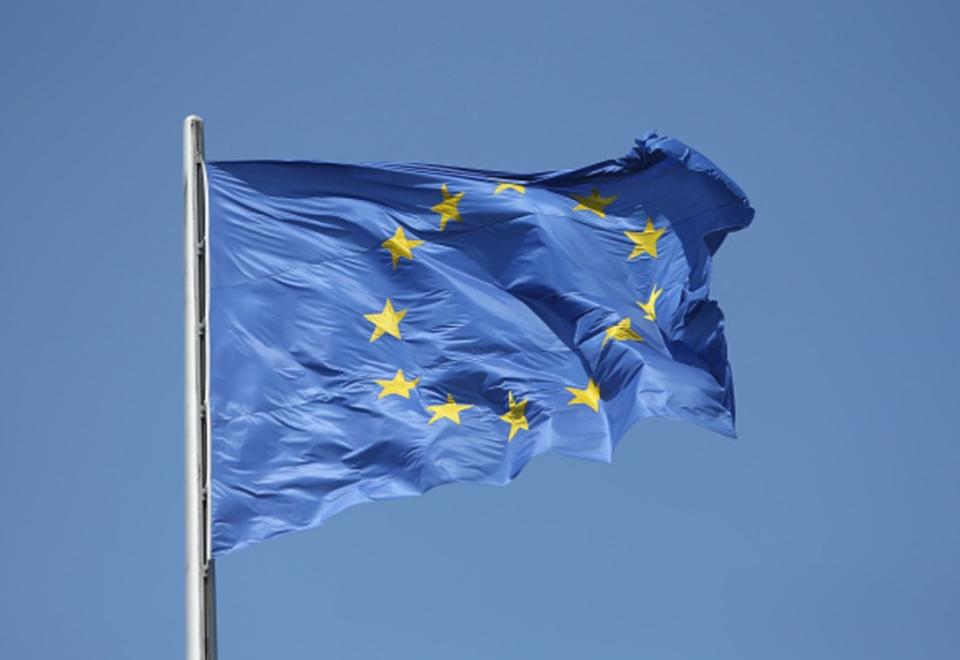Eurozone inflation edges lower in June as food and energy prices ease

Eurozone inflation edged lower in June, aided by lower food and energy prices, as markets look for signs that the inflationary surge of the past couple of years has decisively come back under control.
The ‘flash’ estimate for inflation across the bloc came in at 2.5 per cent, according to figures from Eurostat. This was down from 2.6 per cent last month and in line with economists’ expectations.
Core inflation, which strips out volatile components like food and energy, remained at 2.9 per cent in June, slightly above expectations.
The figures will be a relief to policymakers after May’s figures showed a slight uptick in inflation, reflecting higher energy costs and services prices.
Although progress on inflation has slowed in recent months, the headline rate is still down from 5.5 per cent a year ago and a peak of 10.6 per cent in October 2022.
Despite May’s increase, the European Central Bank (ECB) still felt confident enough to cut interest rates for the first time in five years last month, bringing the main interest rate down to 3.75 per cent.
However, the ECB was deliberately vague about the future path of interest rates, reflecting uncertainty over the persistence of domestic price pressures.
Today’s figures showed that services inflation remained at 4.1 per cent in June, higher than most rate-setters would like. Price increases in the services sector are generally seen as a good gauge of domestic inflationary dynamics.
Just before the figures were released, Philip Lane, the ECB’s chief economist, said that rate-setters “still have questions on services inflation”.
Kyle Chapman, FX markets analyst at Ballinger Group commented: “The stickiness in services inflation may start to become a real concern for policymakers that puts a spanner in the works for rate cuts, particularly given the backdrop of rising wage growth and falling unemployment.”
Data out earlier this year also showed that wage growth rose back up to record levels in the first quarter of this year, raising concerns about persistent price pressures. Most economists had expected pay growth to ease.
The central bank confirmed that it would continue to follow a “data-dependent and meeting-by-meeting approach” in the months ahead, stressing it would not pre-commit to a particular rate path.
Separate figures out today showed that the unemployment rate remained at 6.4 per cent in May, a record low.

 Yahoo Finance
Yahoo Finance 